Why I’m participating in VOW for Girls to stop child marriage, thoughts on donating (& why you don’t have to), joy, best ways to build and refine craft, why I don’t journal, and how I’m a Swiftie forever.

RITA ® Award-Winning Author of Fantasy Romance

Why I’m participating in VOW for Girls to stop child marriage, thoughts on donating (& why you don’t have to), joy, best ways to build and refine craft, why I don’t journal, and how I’m a Swiftie forever.

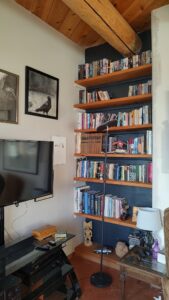
This week at the SFF Seven, we’re asking each other if our writing changed – and, if so, how?
It might seem disingenuous to say this, but yes my writing has changed: I’ve gotten better.
I mean, one would hope so!
And I realize that “better” is a nebulous descriptor, so I’ll attempt to define it. One thing about writing skill that it seems I end up telling newbies over and over is that I absolutely have gotten faster at every stage of the process. It’s like when you learn to drive a car. (And I learned on a stick shift, so there was an extra layer of learning curve there.) At first you consciously think about a hundred different aspects of the task: the brake, the accelerator, (maybe the balance between the clutch, the brake, and the accelerator, which was a real treat), steering, watching the front, the side, the rear view, reading street signs and traffic signals, and thinking several cars ahead, and remembering where you’re going… It’s a LOT to think about and overwhelming at first. But later, after you’ve been driving for years, you don’t think about all of that anymore, right? Mostly I think about where I’m going and how to best get there – and sometimes I zone out and forget even that, defaulting to familiar routes – but otherwise the rest is subconscious.
Writing is the same way! (I include revising in this.) After time and practice, you don’t have to think about the zillion details of craft, liberating your mind to focus on storytelling.
I think this is something that more experienced writers forget – how much we’ve internalized the mechanics of the process, allowing us to allocate more resources to our creative selves. This freedom allows us to try new things, write more difficult and complex stories, to test our writing chops. Maybe it’s like, to extend the analogy, learning to drive a race car or fly a plane. Going for the fancier skills is predated by learning the basics.
The thing is, I think a lot of us who grow up reading the works that inspire us (which should be all of us, really) have this idea that we can leap directly to doing THAT. Everybody loves the concept of the wunderkind, the prodigy, the creative who makes a list like “30 under 30,” as if that’s meaningful in any way. Spoiler: it’s not meaningful; it’s just unusual, which is why we’re fascinated.
So, do what I advise the writers in my mentoring Discord: take your time, learn the basics. It *will* get easier. And THEN you can deliberately choose to make it harder!
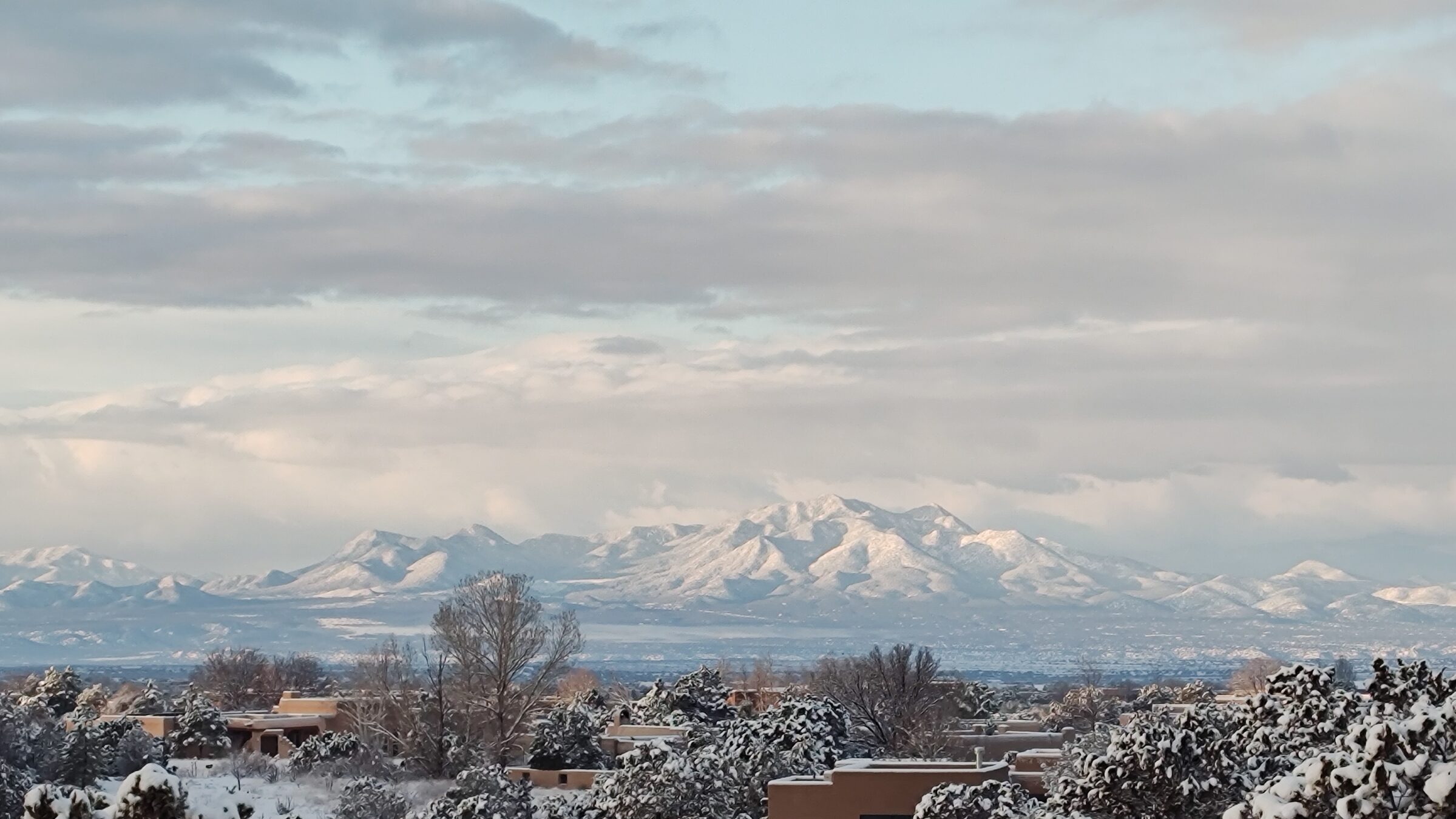

Our topic at the SFF Seven this week is what to do when you’re stuck. Stuck writing, I presume, since other kinds of stuck aren’t really what we’re about here.
I’m sure there will be lots of great advice this week from all the contributors on the various tricks and techniques for getting unstuck while writing. Mine is going to be at the far end of the spectrum at Tough Love.
When I get stuck? I push.
I’m a believer in chipping away at that block and smashing a hole through it. Inevitably there’s juicy stuff on the other side. I think the universe sometimes makes us work for it, and that’s what I do.
Now, I will caveat this advice by saying that I absolutely don’t advise anyone beating themselves brainless against a brick wall. Use your head, and not as a battering ram! There are tools for this process; use them. This is where craft comes in and skill, where having a well-cultivated imagination will fuel the process, where having excellent work habits allows for focused attention.
Push through those sticking places – but use your words, not your fists.
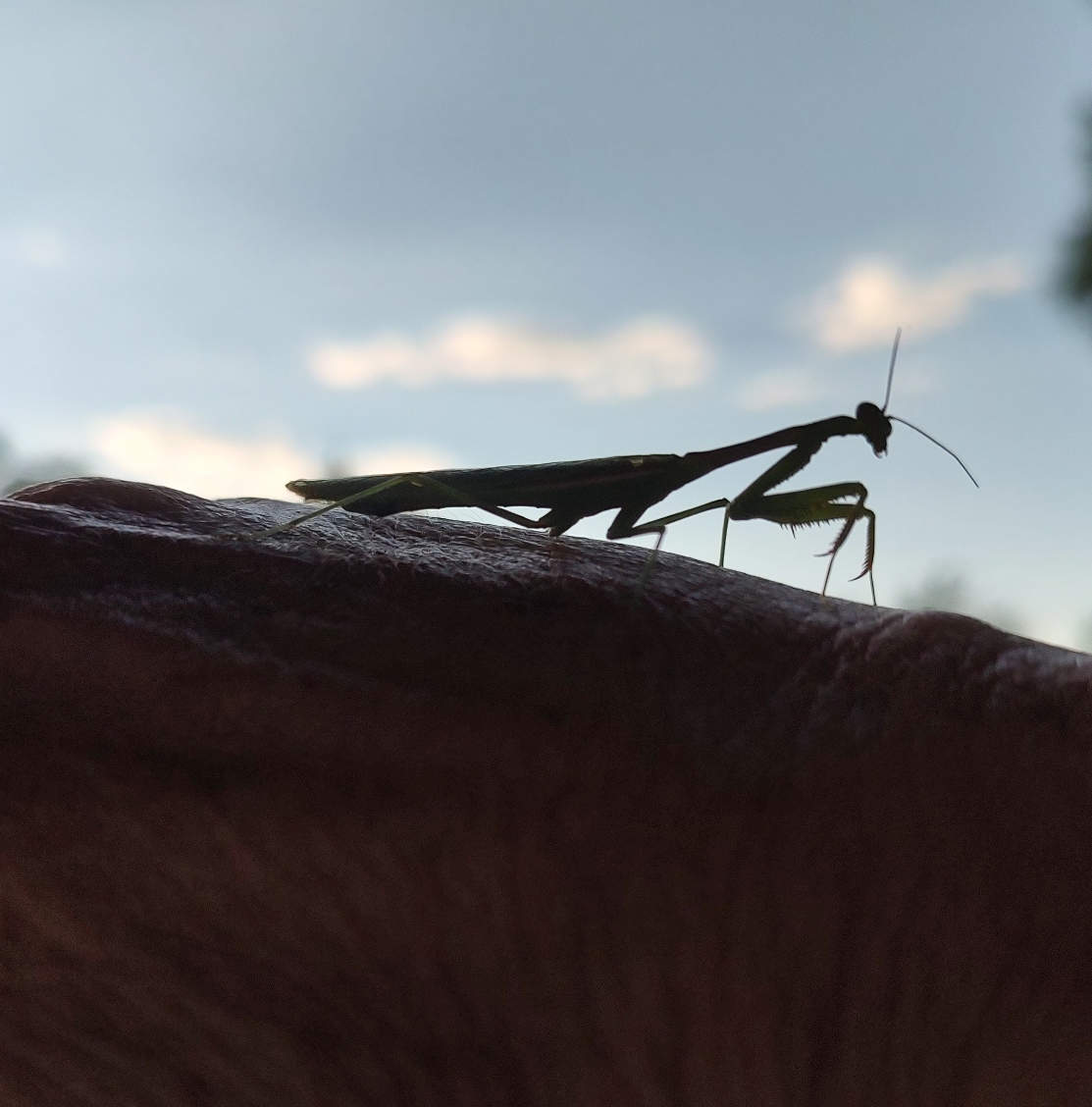
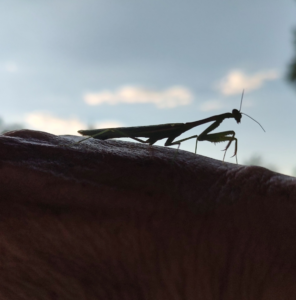
A praying mantis friend found her way onto my skirt the other day. Just one of many special blessings coming my way lately!
Our topic at the SFF Seven this week is the most unpublishable niche story we ever wrote.
Mine isn’t necessarily a niche story – although it was of indistinguishable genre – but it was absolutely unpublishable and totally, as KAK puts it, cringe. In truth, it’s because I can’t think of this piece without that soul-deep cringe, that it springs to mind here. It wasn’t even worthy of the word “story,” it was that terrible.
See, I’d decided to become a writer. I’d cut bait on my PhD, got my MS, got a job as an editor/writer to build my chops, and was taking night classes to learn. But I hadn’t gotten very good at the actual WRITING part. As in, I had no writing habit, I hadn’t finished much of anything, and I was pretty much just farting around. Then I heard on the radio that Wyoming Arts Council (I lived in Wyoming at the time) was offering fellowships in literature. They had a rotating schedule between fiction, nonfiction, and poetry. I could either submit something for that year’s award or wait three years. Since three years seemed like an impossibly long time then, I was determined to enter the competition that year.
Only I didn’t have anything much to submit. But! I decided that I could enter the first few pages of a novel I’d started – the only pages I had of it – and trust that the judges would be so dazzled by the sheer promise of my work that they’d fall all over themselves to give me the fellowship.
Cringe cringe cringe
I have no idea what those judges thought of my fragmented pages of nothing. I obviously didn’t win, nor did I receive any comments. Only much later did I realize just how delusionary I’d been.
But you know what? Many years later, I did win one of those fellowships. It just took time, lots of dedicated work, and pulling my head out of my delusions.
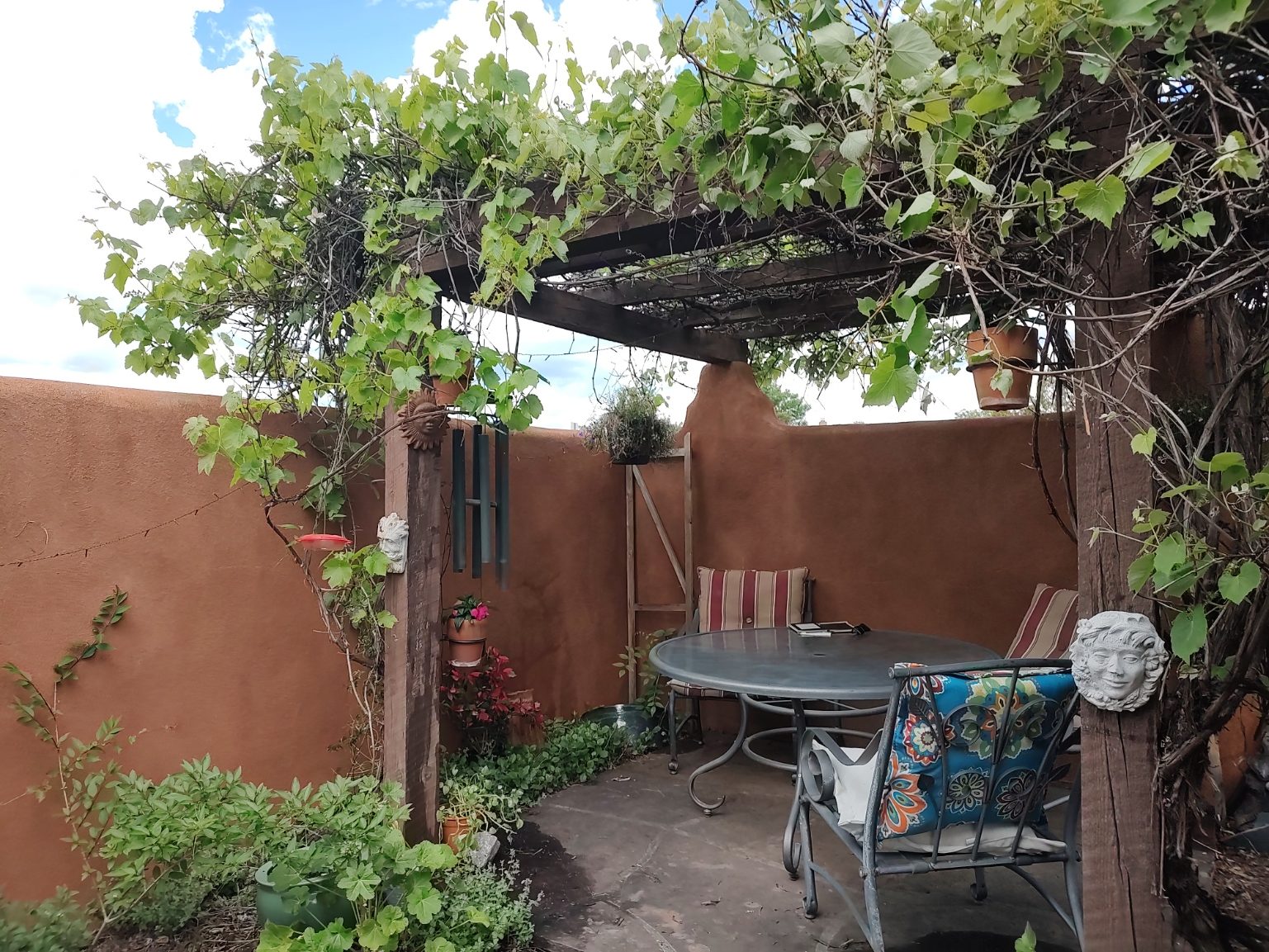
Thoughts on learning to paint by numbers, or learn to follow the rules of craft before you break them. How I’m breaking my own rule, on epistolary romances, and a funny story about my granddaughter.

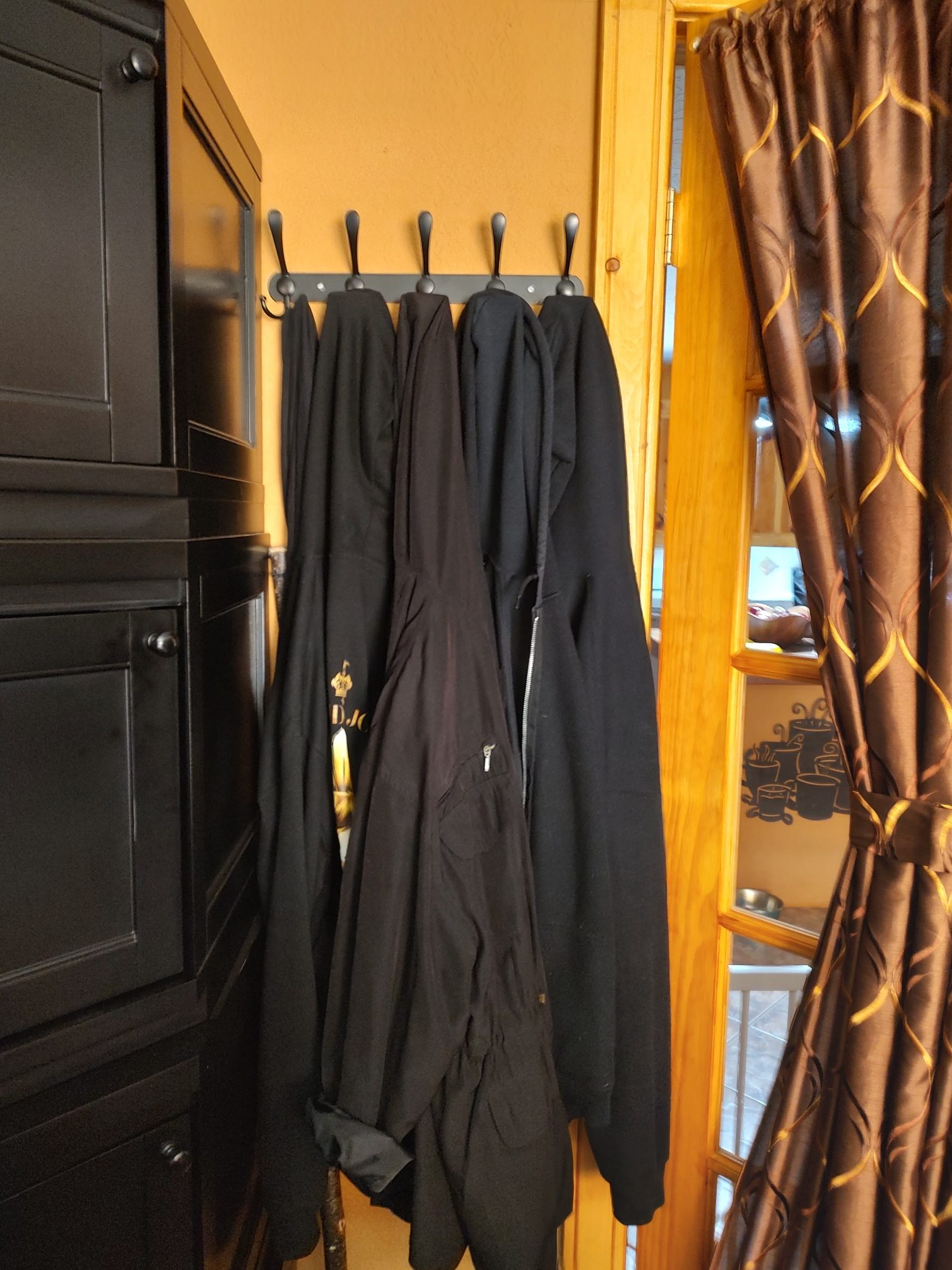
A special guest on the show today! Multi-bestselling author Darynda Jones and I discuss ideas, how to know which ones are good and have staying power, and how to continue to grow as writers.
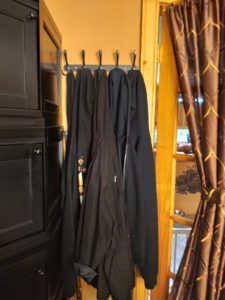
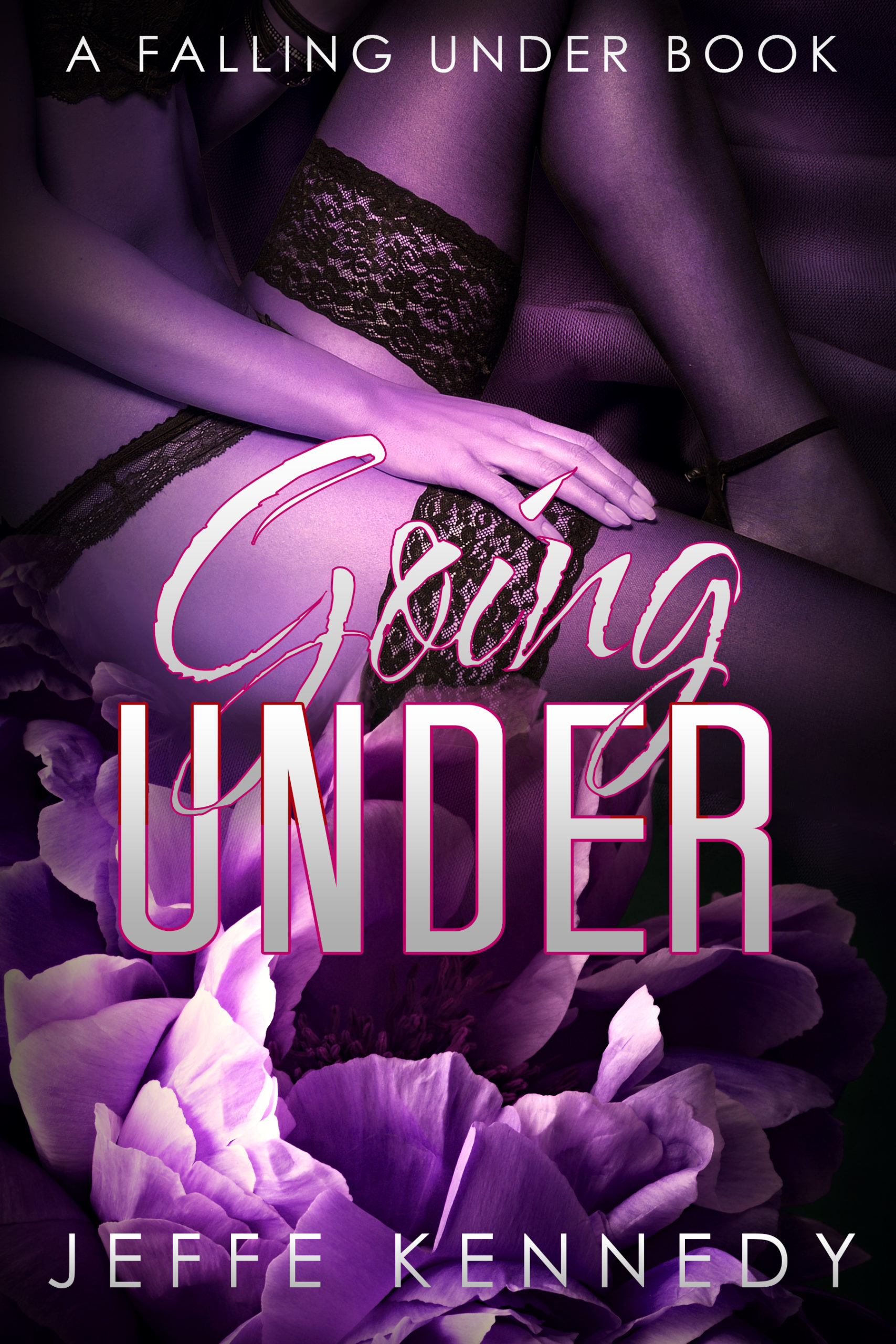
Should you throw out the first 30 pages of your manuscript? Um, no. Bad advice. BUT, figuring out where to start a story is an ongoing challenge, craftwise, and also because the marketplace changes rapidly.
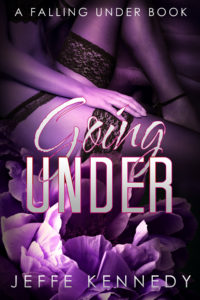
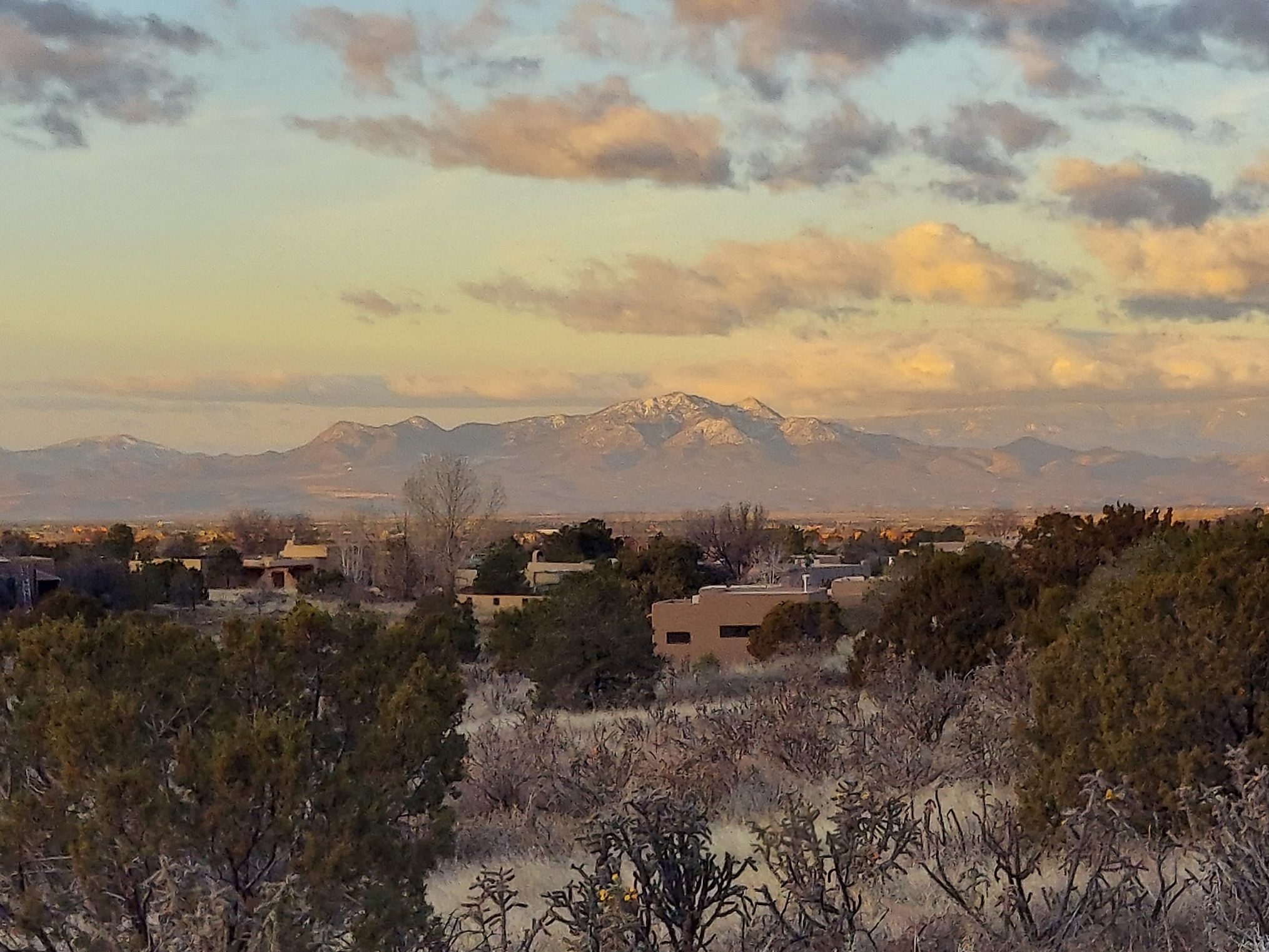
A report on YouTube monetization (yay!) via putting up audiobooks and thoughts on podcasting ROI. Also why each book is a challenge to write, how to deal with a sagging middle of a novel, and how to improve craft.

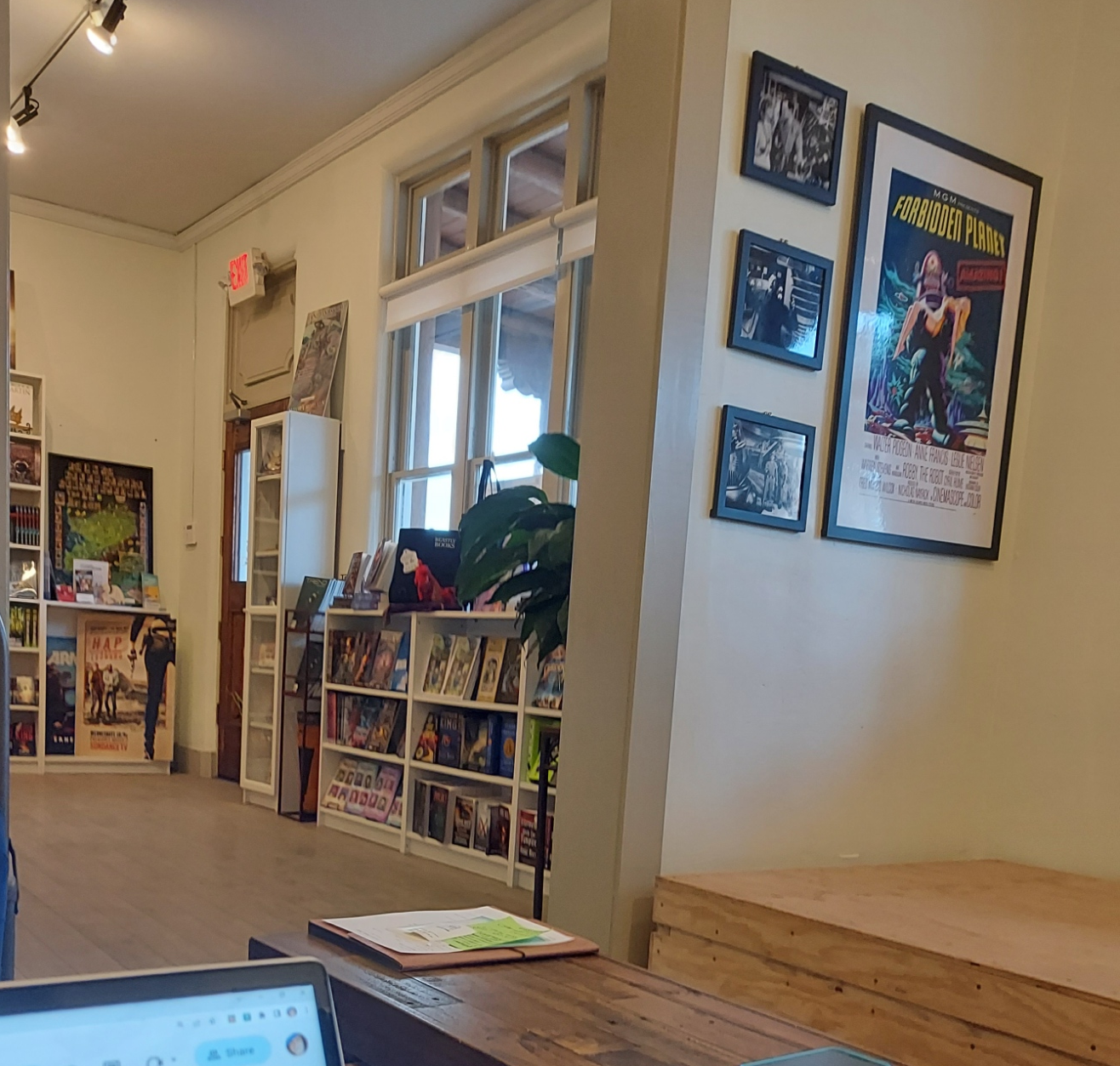
How pushing my wordcount is working – I’ve had my best week since last May – and thoughts on POV: how to teach it, how to choose the “right” POV for a story, and a way of thinking about writing POV well.
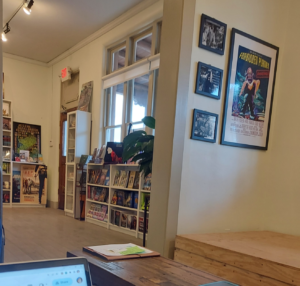


Exciting day today! For today only, 200 of the most amazing books in Fantasy Romance, Gaslamp Romance, Monster Romance, and Paranormal Romance are FREE! Go load up your eReaders by clicking here https://farofeb.com/freebooks/ Below are some samples of the books available, including my own DARK WIZARD.



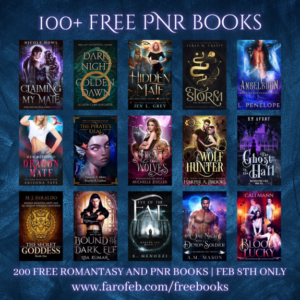
This week at the SFF Seven we’re talking about what makes readers invested in a story. It’s an interesting question, really, and the subject of much debate. I think every author would love to know the “magic formula” for making this happen in every book. Sometimes, though, it can be a real surprise what readers latch onto. There’s always an element of unpredictability there that’s part of the joy of creating and storytelling. (Which is one reason why I believe Artificial Intelligence (AI) will never supplant human creativity, but that’s another discussion.)
So, my thoughts on ways to engage readers and entice them into being engaged in a story?
*Of course, none of this is actually simple. It takes craft, talent, and lots and lots of practice. Read widely. Re-read your favorites. Observe how other authors accomplish this and emulate shamelessly!